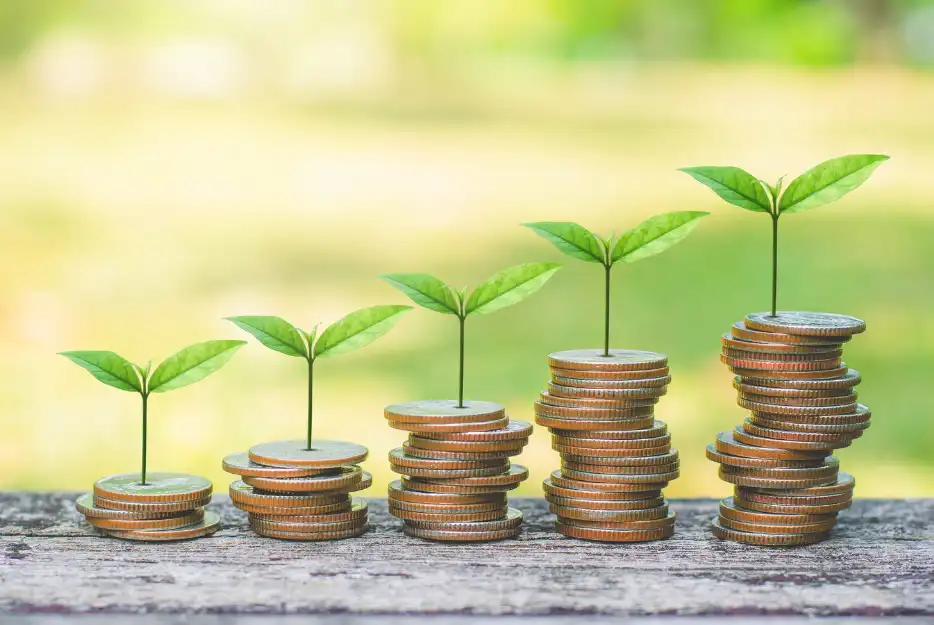
Why the G7 meeting has highlighted the importance of ESG investing
One of the big takeaways from the recent G7 meeting held in Cornwall was the stated aspiration for countries to “build back better” after the economic and societal shocks of the pandemic. This focus on sustainable growth is part of an overarching strategy to tackle climate change and environmental degradation.
There has been a growing interest in ESG (environmental, social and governance) investing in recent years, partly due to an increasing awareness of environmental and sustainability issues. The coronavirus outbreak, and its economic impact, has also increased the profile of ESG matters like never before. It has also acted as an acid test of how well ESG investments perform in extreme market conditions.
The G7 summit has made many people wonder how they can do their bit to fight climate change. If you’re one of them, read on to find out more about ESG investing and how it can help you to further align your portfolio with your morals.
The fight against climate change was a major topic of discussion at the 2021 G7 summit
One of the biggest topics on discussion at this year’s G7 meeting was the threat of climate change and what countries can do to fight it.
The summit made significant progress in the struggle to reduce global carbon emissions, including a promise for $100 billion per year to help developing nations to cope with the impact of climate change.
Furthermore, according to the BBC, President Biden promised to end America’s reliance on coal for power generation. In the same vein, several members of the G7 will contribute towards a $2 billion a year fund to help developing countries wean themselves off their reliance on fossil fuels.
While these are all good steps towards reducing society’s impact on the planet, many people have wondered what they can do as an individual. This is where ESG investing can help by giving them a way to translate these wishes into an investable manner
ESG as a strategy grew out of the concept of “ethical investing”
“ESG” describes the three main factors that are used to determine the sustainability and ethics of a potential investment. It stands for:
Environmental
When you hear the term “ESG”, this is probably the first thing that you think of. This criterion addresses the environmental impact of a business, such as their carbon footprint. It also considers issues such as the sustainability of a company, pollution, and their energy efficiency.
Social
This aspect looks at the relationship that the business has with their workers and community. It may consider issues such as customer satisfaction, working conditions, and human rights.
Governance
This category addresses the management of the company and the standards to which it is run. This may include issues such as the fair election of board members, political lobbying, or the pay of executives.
The concept of ESG grew out of the strategy of “ethical investing”, which attempts to screen out companies and sectors that are considered to have a negative impact. This includes industries such as arms production or tobacco.
However, one of the key differences is that ESG investing aims to include companies which demonstrate desirable traits, rather than just excluding the undesirable ones. For example, companies which make a conscious effort to reduce their plastic waste may get prioritised over ones that don’t. Engagement with companies to be an ‘active agent’ to seek meaningful positive change is a key enhancement of ESG from the traditional ethical investing.
ESG funds have performed well during the pandemic
If you want your investments to make a positive impact on the world, then you may want to consider ESG investing, which can help you to further align your portfolio with your morals.
For example, if climate change or biodiversity are your biggest concern, you can adapt your strategy to prioritise companies which make an effort to reduce their environmental impact.
One of the main concerns that some investors have with ESG funds is the belief that they don’t perform as well as traditional ones. This leads many people to believe that they have a choice of either seeing strong returns or investing in a sustainable way.
While ESG funds have existed for several years, the pandemic was the first real test of how well they performed under extreme market stress.
According to a report published by FT Adviser, funds with a higher ESG rating tended to outperform those with a lower one in 2020. The study found that, in the nine months to September 2020, the stocks with the lowest ESG ratings typically lost 23% of their value while those with the highest ESG ratings saw small positive returns.
Research published by Citywire found a similar result, with many ESG funds outperforming their traditional counterparts in 2020. One of the explanations for this is that many of the sectors which they typically invest in were not as badly impacted by the pandemic and subsequent lockdowns.
For example, ESG funds are typically more concentrated in markets such as technology, biotechnology and pharmaceuticals, all of which did well during the pandemic. They are growth orientated in terms of investment style.
Similarly, they had materially less exposure to areas such as fossil fuels and airlines, as their poor environmental credentials meant they were likely to get screened out. This means that the funds were less impacted by the lockdowns, which halted international travel and reduced the need for fuel.
The strong performance of ESG funds since the start of the pandemic has demonstrated that you don’t have to sacrifice returns in order to invest in a sustainable way that reflects your views. However, it is important to remember that past performance, particularly over a shorter timeframe is not indicative of future performance.
Get in touch
If you want to know more about aligning your investments with your morals, please get in touch with us. Please email us at advise-me@fosterdenovo.com or call us on 0330 332 7866 to speak to one of our team.
Please note:
The value of your investments (and any income from them) can go down as well as up and you may not get back the full amount you invested. Past performance is not a reliable indicator of future performance. Investments should be considered over the longer term and should fit in with your overall attitude to risk and financial circumstances. The tax treatment of investments depends on each investor’s individual circumstances and is subject to changes in tax legislation.
The FD Sustainable Dynamic Portfolios are managed by FD Dynamic Portfolios Limited (FDDPL), which is an appointed representative of Foster Denovo Limited (FRN 462728), which is authorised and regulated by the Financial Conduct Authority (FCA). FDDPL has issued this document in its capacity as investment adviser to the investment manager, AB Investment Solutions Limited (FRN 705062), which is authorised and regulated by the Financial Conduct Authority (FCA).

 0330 332 7866
0330 332 7866 advise-me@fosterdenovo.com
advise-me@fosterdenovo.com Search
Search






